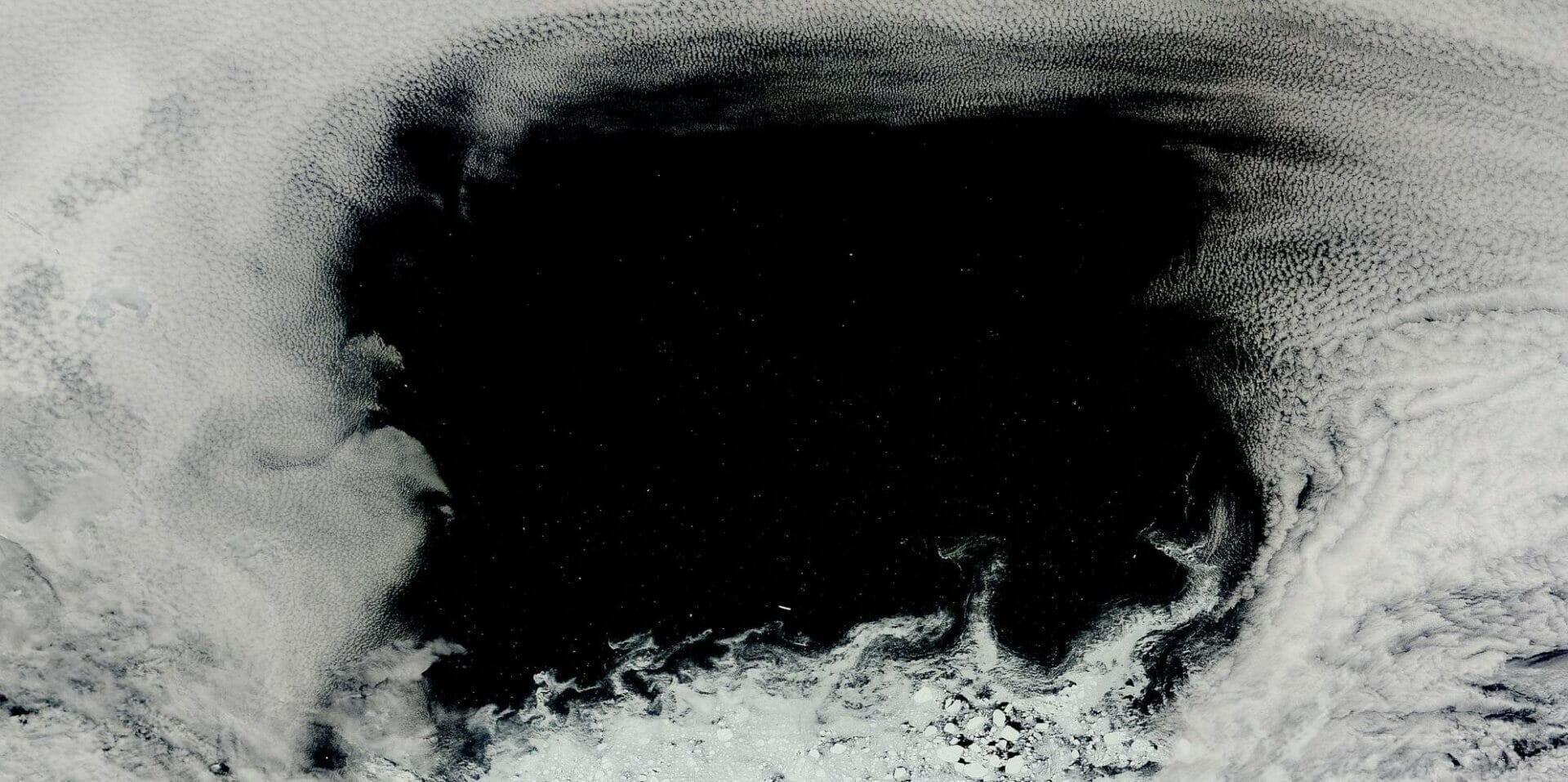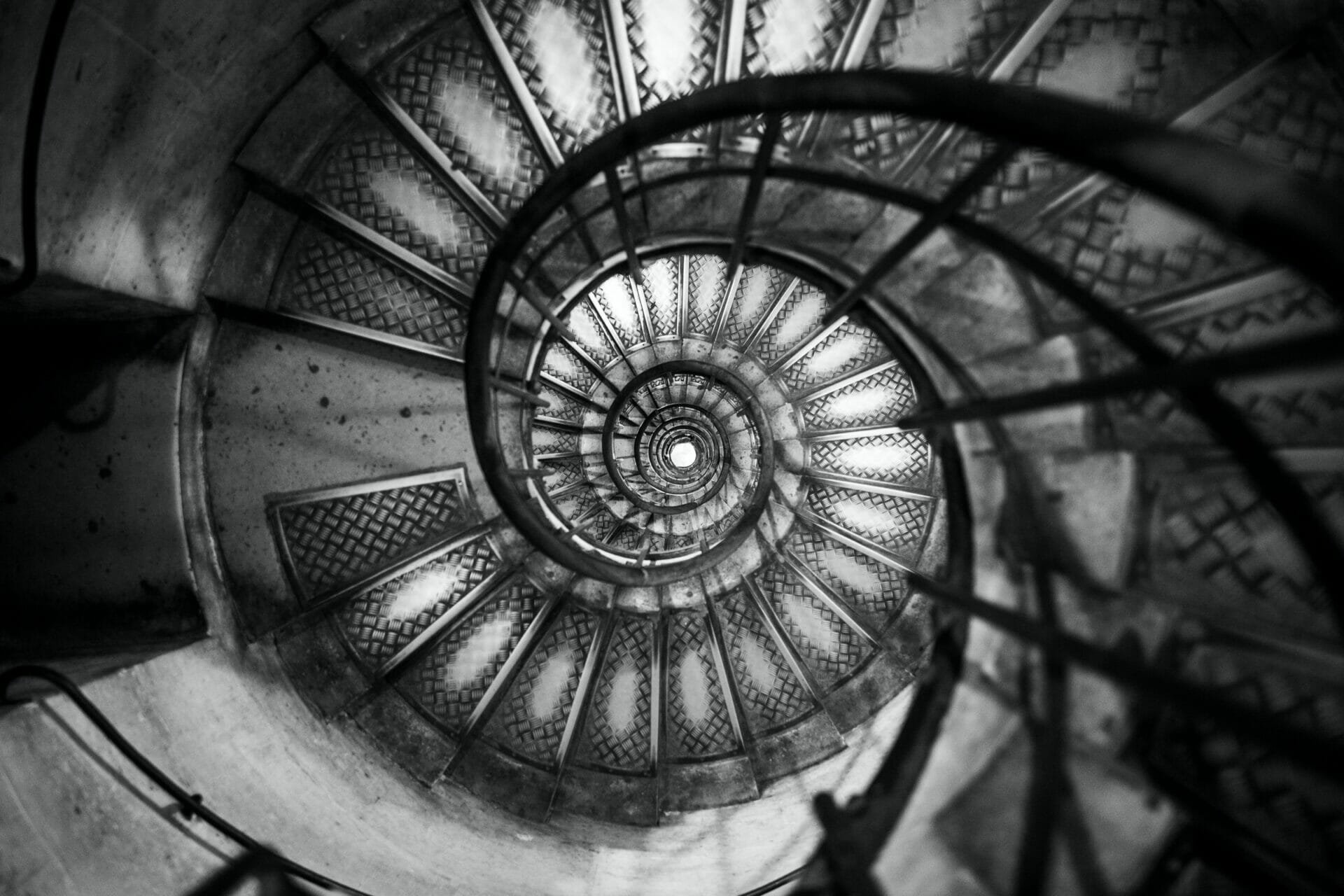
Beetlejuice Beetlejuice Review 2024 | Cult Classics Haunt Us Like Ghosts
Year
Runtime
Director
Cinematographer
Production Designer
Music by
Country
Format
Genre
36 years after the original Beetlejuice (1988) and 17 years after receiving the Golden Lion for Lifetime Achievement, Tim Burton returns to the Venice International Film Festival with a star-studded cast (including Willem Dafoe, in his first collaboration with the director) to open the festival with the somewhat-awaited sequel Beetlejuice Beetlejuice.
Lydia Deetz (Winona Ryder) has grown up and is having a midlife crisis. Now a TV personality with her own paranormal reality show, the forty-something goth queen must return to Winter River for a funeral, along with her entire dysfunctional family: her narcissistic mother Delia (Catherine O’Hara), her toxic boyfriend and manager Rory (Justin Theroux), and her angst-ridden teenage daughter Astrid (Jenna Ortega). Soon, Beetlejuice (Michael Keaton) begins to haunt Lydia’s dreams again. The demon has a plan to resume his aborted marriage to her and cross over to the earthly plane. Little does he know, though, that his witchy ex-wife, Delores (Monica Bellucci), has also awoken from a deep sleep with revenge on her mind.
Waiting for Beetlejuice³
Seen today, the original Beetlejuice feels like a time capsule of Burton’s body of work, a business card for all the creativity he had in store, a teaser for all the cult classics that were yet to come. Through this lens, Beetlejuice Beetlejuice can serve as a recap, a greatest hits of sorts, for the director’s entire filmography, and a possible entrée for the uninitiated.
Beetlejuice Beetlejuice pays the ultimate tribute to one of Burton’s masters, Mario Bava. The story of Beetlejuice and Delores’ deadly marriage unfolds in a black-and-white, Italian-dubbed flashback sequence – an homage to Bava’s Black Sunday (1960). And it reprises numbers all across Burton’s repertoire. Hence the return of sandworms in stop-motion from the 1988 film; and the casting of Jenna Ortega as a moody, gloomy teenager. Astrid Deetz is both a zoomer rehash of Ryder’s old role and (obviously) a nod to the Burton-led series Wednesday (the script for Beetlejuice Beetlejuice was co-written by Alfred Gough and Miles Millar, also showrunners for the Netflix hit), whose second season is set to air in 2025.
In this sense, Beetlejuice Beetlejuice can also serve as a trailer for all future installments of the Burtonverse. Or at least for another sequel that will turn the Beetlejuice double feature into a trilogy. After all, the ending leaves the door open for another demon call.
Across the Burtonverse
The premise of the original Beetlejuice was that no one should call out loud the titular demon’s name three times in a row, lest he shall appear in front of those unwise enough to ignore the warning. In a way, this plot device is a fitting, albeit unintentional, metaphor for sequels to cult classics as a whole. The more audiences clamor for them in an attack of nostalgia, the greater the risk that the undead stories will come back to haunt their screen lovers.
In the case of Beetlejuice Beetlejuice, the jokes still land, and the delivery is still spot-on (Keaton has not lost his touch in these 36 years), but an aura of decay still fills the air.
More generally, what emerges from Beetlejuice Beetlejuice is that the Burtonverse is not different from any other cinematic universe. Linking movies to one another via quotes, nods and references is paramount. And save from some foundational works (e.g., in Burton’s case, the original Beetlejuice or 1990’s Edward Scissorhands), there seems to be no way out of the garden of forking links. Cinematic universes are a “labyrinth with no center” (to quote Borges).
The viewer may be able to watch an individual installment attentively and expertly pick up all the Easter eggs, but the feeling that something got lost in the process, that one needs to watch other installments to get the full experience persists. It’s as if the core of such universes lies in between the texts of the canon.
Like Beetlejuice himself (or Carpenter‘s Thing), a cinematic universe never truly dies. It morphs, disguises itself, and freezes for the longest time, waiting to be awakened again. Full closure seems impossible. But what of it? Go on watching.
Tag
Buy a ☕ for Hypercritic








